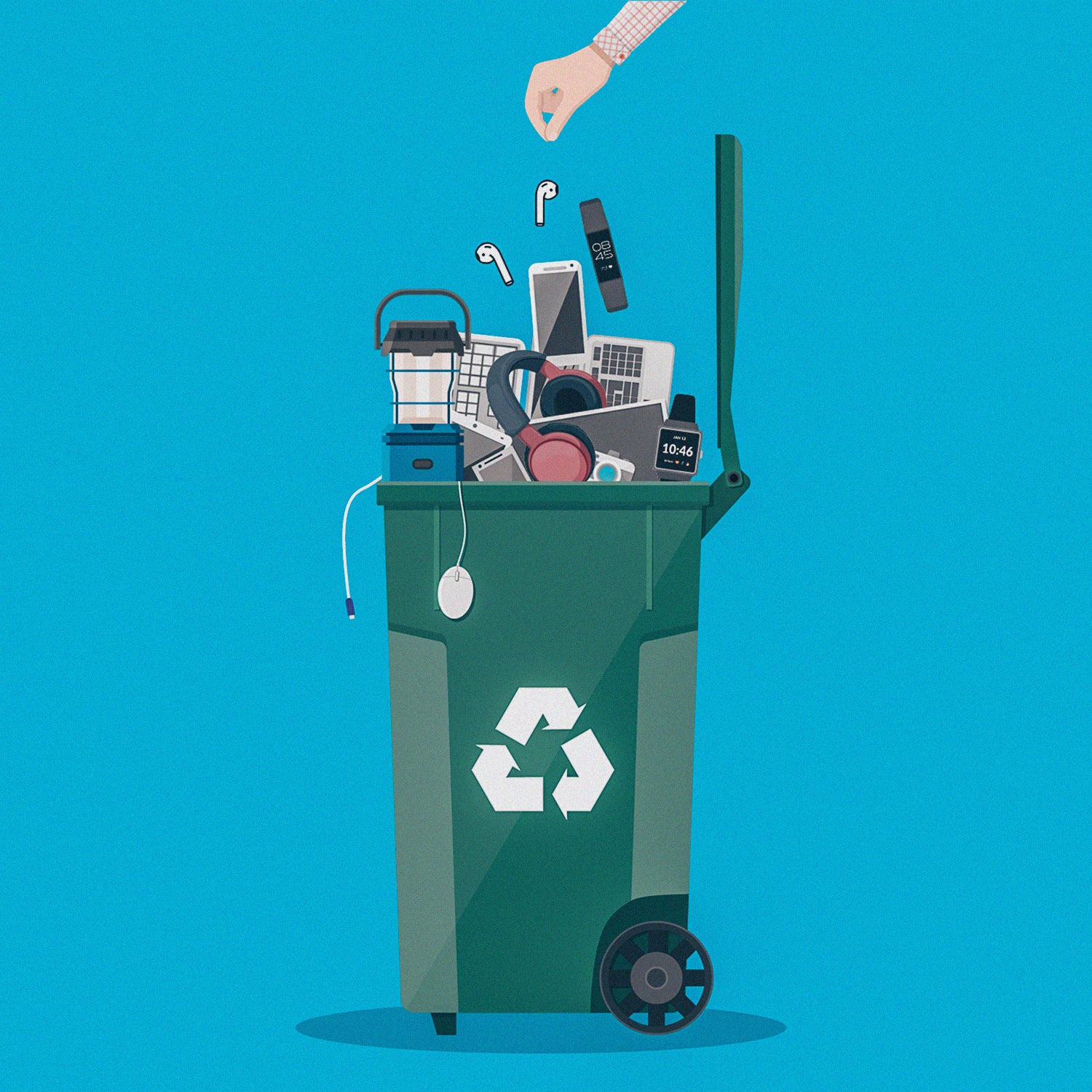Master the Needs of R2 Qualification to Ensure Sustainable Company Practices
Guaranteeing lasting organization methods has actually ended up being a keystone of business duty in today's global landscape. At the center of this movement is the R2 accreditation, a rigorous requirement that establishes the bar high for electronics recyclers and refurbishers. As services make every effort to line up with eco mindful practices, grasping the requirements of R2 accreditation is extremely important. By adhering to these requirements, companies not just boost their environmental reliability yet also acquire an affordable edge in an increasingly eco-conscious market. The roadmap to achieving R2 certification is complex, including a deep understanding of key elements, careful steps in the direction of compliance, and a dedication to ongoing upkeep. In a world where sustainability is no much longer a plain buzzword but a company imperative, delving right into the ins and outs of R2 certification is a calculated step that can lead the way for long-term success and favorable ecological influence.
Value of R2 Qualification
Attaining R2 Qualification is critical for services aiming to demonstrate their commitment to sustainable and liable digital waste management practices. This qualification, developed by SERI (Lasting Electronic Devices Recycling International), sets the requirement for accountable reusing techniques in the electronic devices industry. By getting R2 Qualification, services signal to their stakeholders that they stick to strict environmental, wellness, and security laws while handling electronic waste.
One of the crucial reasons R2 Qualification is very important is its focus on sustainability. With electronic waste being a significant international issue, businesses need to display their commitment to decreasing the ecological effect of their operations. R2 Accreditation requires companies to apply processes that make certain the appropriate handling, repair, and recycling of electronic waste, consequently contributing to the circular economic situation and decreasing the accumulation of e-waste in garbage dumps.
Furthermore, R2 Accreditation boosts a company's online reputation and integrity. In today's environmentally mindful market, partners and consumers are progressively aiming to collaborate with companies that prioritize sustainability. By achieving R2 Certification, companies can distinguish themselves as leaders in responsible e-waste monitoring, obtaining an one-upmanship and attracting like-minded stakeholders.
Key Parts of R2 Specifications

Steps to Acquire R2 Accreditation
To certify for R2 Certification, companies need to thoroughly show conformity with a set of stringent criteria and guidelines. The process of obtaining R2 Certification includes a number of crucial actions.
Following, services require to examine their current techniques and processes to recognize any type of voids that need to be dealt with to meet the R2 Criterion. This may entail implementing brand-new This Site treatments, buying training programs, or making adjustments to existing operations. As soon as any shortages are treated, organizations can continue to establish a comprehensive management system that straightens with the R2 requirements.
Complying with the execution of the required adjustments, companies have to undergo a third-party audit to confirm their conformity with the R2 Criterion (r2 certification). This audit is conducted by a recognized certification body and consists of a comprehensive evaluation of the organization's centers, treatments, and documentation. Upon successful completion of the audit, services can obtain their R2 Certification, demonstrating their commitment to liable and sustainable service techniques
Advantages of R2 Conformity
Companies that stick to R2 conformity criteria can unlock a myriad of advantages in today's sustainable company landscape. Furthermore, R2 compliance promotes ecological sustainability by making sure that digital waste is handled in an eco friendly way, lowering the influence on land fills and natural resources. Generally, achieving R2 compliance not just assists organizations meet regulative needs yet also cultivates a culture of environmental obligation and functional quality.
Keeping R2 Qualification
Showing an ongoing dedication to liable electronic waste management practices, organizations must concentrate on the meticulous process of maintaining R2 accreditation. Preserving R2 certification includes routine audits, interior evaluations, and constant enhancement efforts to ensure compliance with the strict demands stated by the Accountable Recycling Practices (R2) standard. Organizations should remain attentive in checking their electronic waste administration processes, data security steps, and overall environmental efficiency to promote their R2 qualification condition.
Routine training and education for employees are important to maintain R2 certification, as team member require to be well-informed regarding the most recent best practices and market criteria. Keeping thorough documents and documents of digital waste recycling activities, downstream suppliers, and interior procedures is essential for demonstrating compliance throughout audits.
Additionally, organizations need to proactively engage with their supply chain partners and vendors to make certain that all entities included in the electronic waste monitoring process comply with R2 criteria. By promoting a culture of openness, responsibility, and continual enhancement, organizations can successfully keep their R2 accreditation and support their dedication to sustainable organization techniques.
Conclusion

Attaining R2 Accreditation is important for companies intending to show their dedication to sustainable and liable digital waste monitoring techniques. By acquiring R2 Accreditation, this page companies signal to their stakeholders that they adhere to stringent environmental, health and wellness, and safety and security Full Report guidelines while managing digital waste.
Upon successful conclusion of the audit, services can receive their R2 Qualification, demonstrating their dedication to lasting and accountable business methods.
Keeping R2 accreditation includes regular audits, interior reviews, and constant renovation efforts to make certain conformity with the rigid requirements set forth by the Liable Recycling Practices (R2) standard. By comprehending the key elements of R2 standards, taking the essential steps to acquire qualification, and reaping the benefits of R2 conformity, businesses can show their dedication to responsible electronic waste monitoring.